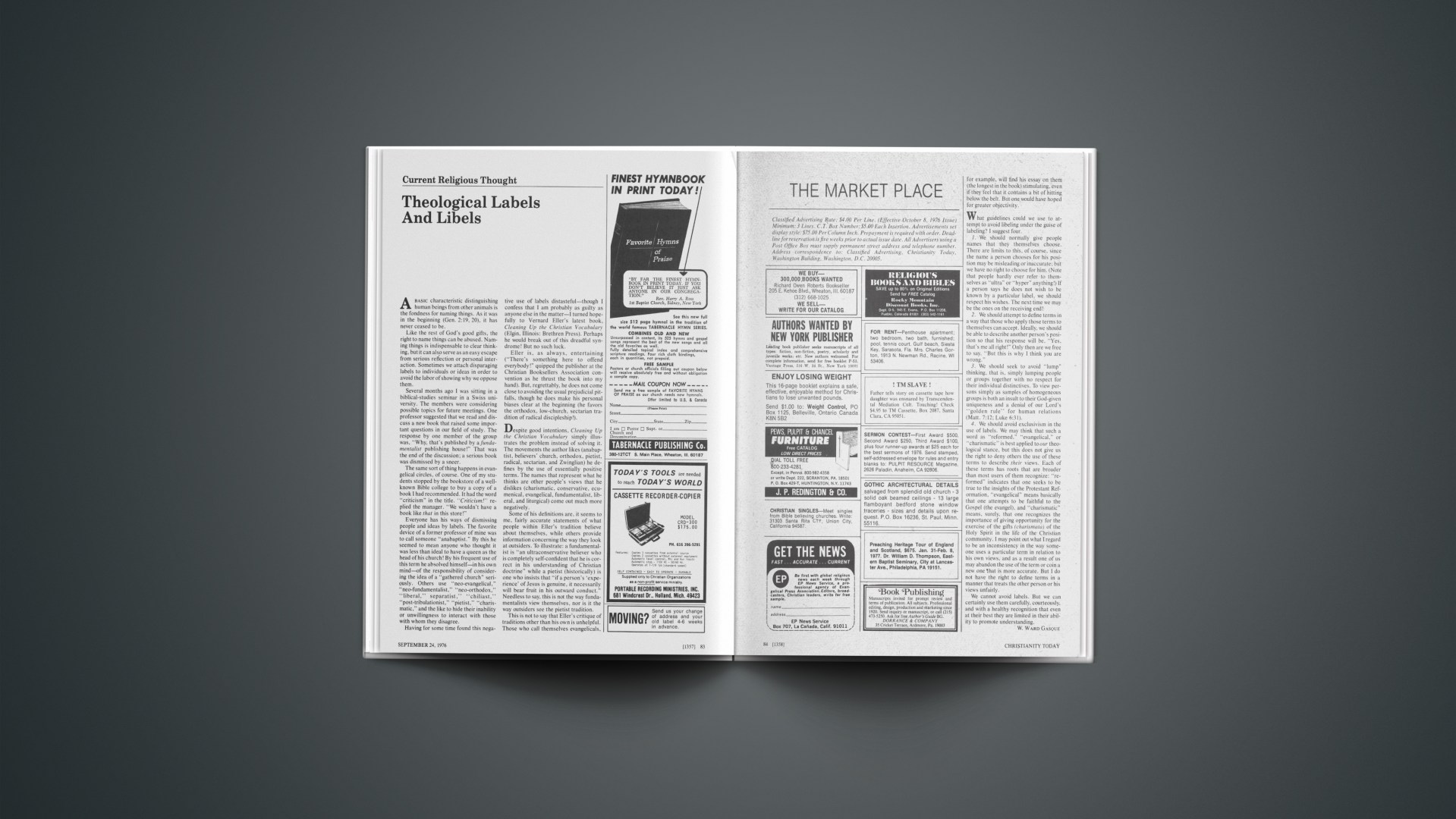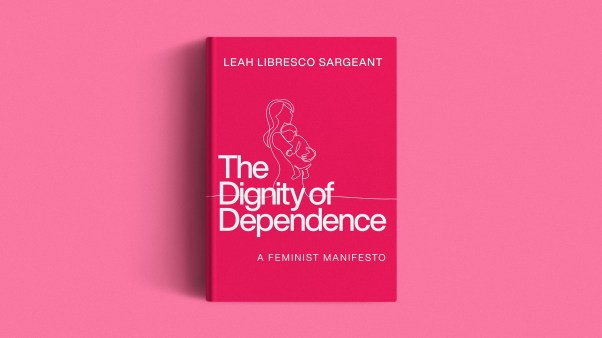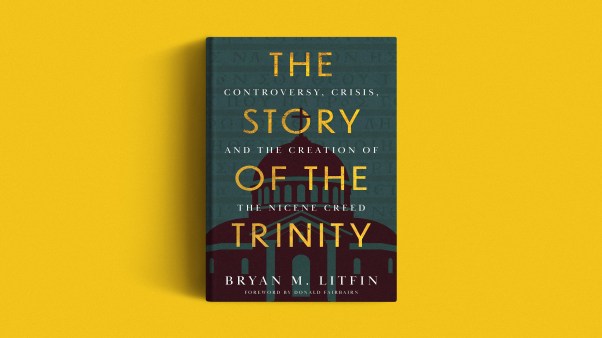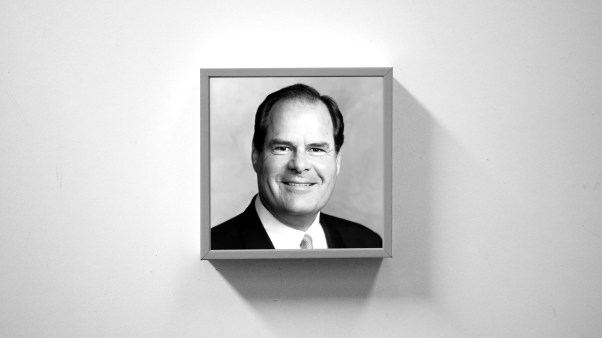A basic characteristic distinguishing human beings from other animals is the fondness for naming things. As it was in the beginning (Gen. 2:19, 20), it has never ceased to be.
Like the rest of God’s good gifts, the right to name things can be abused. Naming things is indispensable to clear thinking, but it can also serve as an easy escape from serious reflection or personal interaction. Sometimes we attach disparaging labels to individuals or ideas in order to avoid the labor of showing why we oppose them.
Several months ago I was sitting in a biblical-studies seminar in a Swiss university. The members were considering possible topics for future meetings. One professor suggested that we read and discuss a new book that raised some important questions in our field of study. The response by one member of the group was, “Why, that’s published by a fundamentalist publishing house!” That was the end of the discussion; a serious book was dismissed by a sneer.
The same sort of thing happens in evangelical circles, of course. One of my students stopped by the bookstore of a well-known Bible college to buy a copy of a book I had recommended. It had the word “criticism” in the title. “Criticism!” replied the manager. “We wouldn’t have a book like that in this store!”
Everyone has his ways of dismissing people and ideas by labels. The favorite device of a former professor of mine was to call someone “anabaptist.” By this he seemed to mean anyone who thought it was less than ideal to have a queen as the head of his church! By his frequent use of this term he absolved himself—in his own mind—of the responsibility of considering the idea of a “gathered church” seriously. Others use “neo-evangelical,” “neo-fundamentalist,” “neo-orthodox,” “liberal,” separatist,” “chiliast,” “post-tribulationist,” “pietist,” “charismatic,” and the like to hide their inability or unwillingness to interact with those with whom they disagree.
Having for some time found this negative use of labels distasteful—though I confess that I am probably as guilty as anyone else in the matter—I turned hopefully to Vernard Eller’s latest book, Cleaning Up the Christian Vocabulary (Elgin, Illinois: Brethren Press). Perhaps he would break out of this dreadful syndrome! But no such luck.
Eller is, as always, entertaining (“There’s something here to offend everybody!” quipped the publisher at the Christian Booksellers Association convention as he thrust the book into my hand). But, regrettably, he does not come close to avoiding the usual prejudicial pit-falls, though he does make his personal biases clear at the beginning (he favors the orthodox, low-church, sectarian tradition of radical discipleship!).
Despite good intentions, Cleaning Up the Christian Vocabulary simply illustrates the problem instead of solving it. The movements the author likes (anabaptist, believers’ church, orthodox, pietist, radical, sectarian, and Zwinglian) he defines by the use of essentially positive terms. The names that represent what he thinks are other people’s views that he dislikes (charismatic, conservative, ecumenical, evangelical, fundamentalist, liberal, and liturgical) come out much more negatively.
Some of his definitions are, it seems to me, fairly accurate statements of what people within Eller’s tradition believe about themselves, while others provide information concerning the way they look at outsiders. To illustrate: a fundamentalist is “an ultraconservative believer who is completely self-confident that he is correct in his understanding of Christian doctrine” while a pietist (historically) is one who insists that “if a person’s ‘experience’ of Jesus is genuine, it necessarily will bear fruit in his outward conduct.” Needless to say, this is not the way fundamentalists view themselves, nor is it the way outsiders see the pietist tradition.
This is not to say that Eller’s critique of traditions other than his own is unhelpful. Those who call themselves evangelicals, for example, will find his essay on them (the longest in the book) stimulating, even if they feel that it contains a bit of hitting below the belt. But one would have hoped for greater objectivity.
What guidelines could we use to attempt to avoid libeling under the guise of labeling? I suggest four.
1. We should normally give people names that they themselves choose. There are limits to this, of course, since the name a person chooses for his position may be misleading or inaccurate; but we have no right to choose for him. (Note that people hardly ever refer to themselves as “ultra” or “hyper” anything!) If a person says he does not wish to be known by a particular label, we should respect his wishes. The next time we may be the ones on the receiving end!
2. We should attempt to define terms in a way that those who apply those terms to themselves can accept. Ideally, we should be able to describe another person’s position so that his response will be, “Yes, that’s me all right!” Only then are we free to say, “But this is why I think you are wrong.”
3. We should seek to avoid “lump” thinking, that is, simply lumping people or groups together with no respect for their individual distinctives. To view persons simply as samples of homogeneous groups is both an insult to their God-given uniqueness and a denial of our Lord’s “golden rule” for human relations (Matt. 7:12; Luke 6:31).
4. We should avoid exclusivism in the use of labels. We may think that such a word as “reformed,” “evangelical,” or “charismatic” is best applied to our theological stance, but this does not give us the right to deny others the use of these terms to describe their views. Each of these terms has roots that are broader than most users of them recognize; “reformed” indicates that one seeks to be true to the insights of the Protestant Reformation, “evangelical” means basically that one attempts to be faithful to the Gospel (the evangel), and “charismatic” means, surely, that one recognizes the importance of giving opportunity for the exercise of the gifts (charismata) of the Holy Spirit in the life of the Christian community. I may point out what I regard to be an inconsistency in the way someone uses a particular term in relation to his own views, and as a result one of us may abandon the use of the term or coin a new one that is more accurate. But I do not have the right to define terms in a manner that treats the other person or his views unfairly.
We cannot avoid labels. But we can certainly use them carefully, courteously, and with a healthy recognition that even at their best they are limited in their ability to promote understanding.
W. WARD GASQUE










